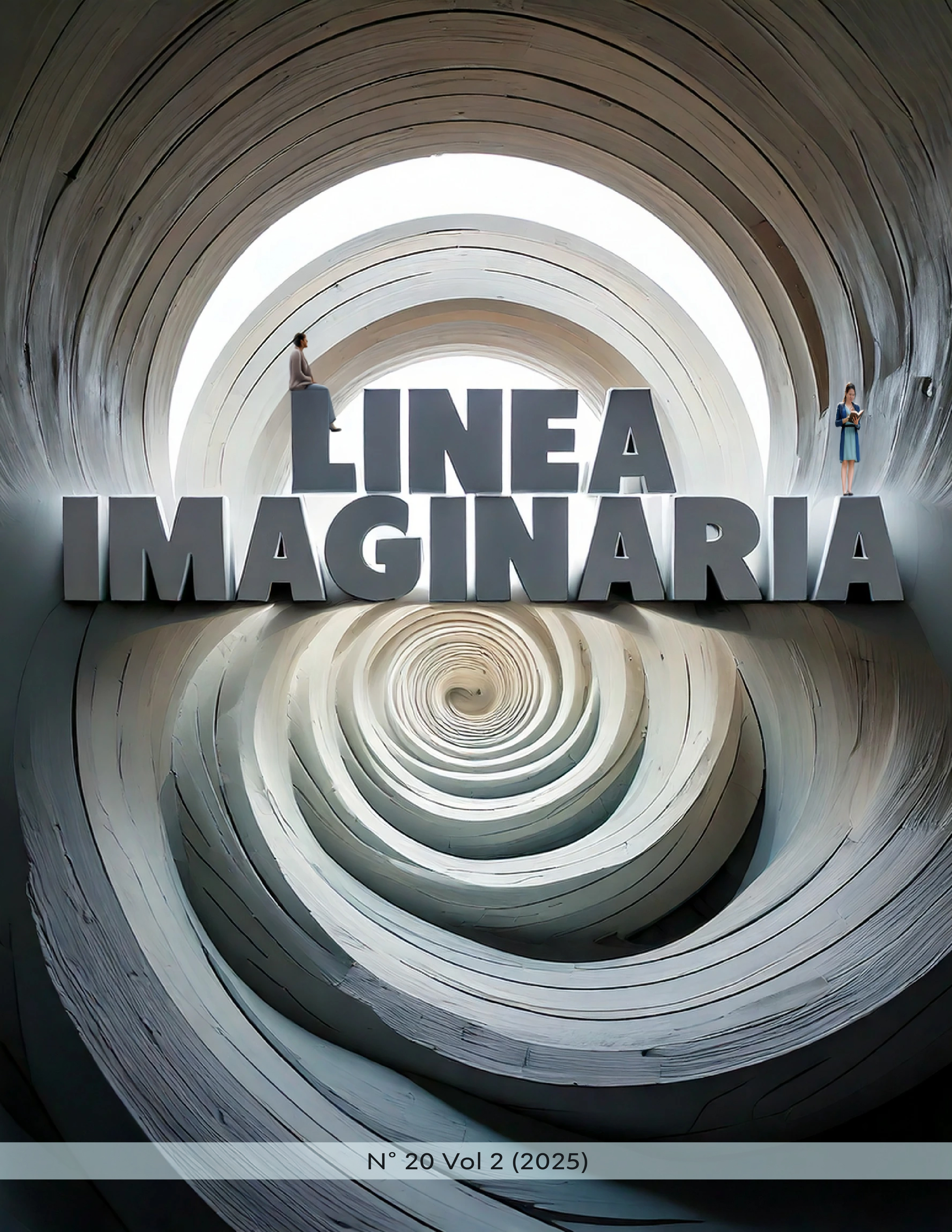KHUN AND LAKATOS' EPISTEMIC VISION, TO GAIN A TRANSCENDETAL UNDERSTANDING OF THE EDUCATIONAL GUIDANCE TOWARDS STUDENT ACADEMIC AND EXISTENTIAL SUCCESS
DOI:
https://doi.org/10.56219/lneaimaginaria.v2i20.3791Keywords:
Social epistemology, educational orientation, existential success, school performanceAbstract
Social research in contemporary times is presented as the best means to obtain knowledge of the realities and facts that arise in human daily life, since it has been seen in a substantial way that the events have to be the main conditions that unify the objects of study in these times, but especially with regard to education as a sociocultural event, and as a process that impacts on all spheres of the life of the person, always in favor of improving the holistic conditions that constitute it and, aspiring to a development that goes from the simply academic, to the existential that underlies the interiority of each human being. The purpose of this study was to conceptualize and argue sufficiently the perspective of social research and, from there, to have the basis to understand objects of study such as educational guidance for the achievement of academic and existential success of students. From this perspective, the emerging knowledge expresses that the only way to manage an educational intervention that favors a holistic development of students, not only academically but also existentially, is the possibility of truths that can be understood from epistemological research with a social foundation, and from this position, educational guidance is no longer seen as a clinical and specialized means in psychology, and is conceived as an opportunity within the human development in the common plane, to the point of building a life model, by which the significant and transcendental development of the student is defined.
Downloads
References
Adaros, M. (2014) Acompañamiento pedagógico recibido por alumnos de pedagogía a
través de las bitácoras en el contexto de la práctica profesional. Universidad
católica del norte. Chile.
Khun, T. (1989). ¿Qué son las revoluciones científicas? y otros ensayos. Paidós.
Barcelona.
Lakatos, I. (1983). La Metodología de los programas de Investigación Científica. Alianza
Editorial.
Lakatos, I. (1987): Historia de la ciencia y sus reconstrucciones racionales. Madrid.
Versión en inglés publicada en Boston Studies in the Philosopy of Science de
Holanda (History and its Rational Reconstruction).
Longás Mayayo, J., Cañete Massé, C., Cussó Parcerisas, I., de Querol Durán, R., &
Guàrdia Olmos, J. (2021). Evaluación del programa CaixaProinfancia de refuerzo
educativo y acompañamiento escolar. Pedagogía Social. Revista
Interuniversitaria, 38, xx-xx. DOI: 10.7179/PSRI_2021.38.11 DOI: https://doi.org/10.7179/PSRI_2021.38.11
Martínez, N. (2018). Tendencias investigativas para pensar la relación entre las ciencias
sociales escolares y la epistemología de las ciencias sociales en Colombia.
Pedagogía y Saberes, p. 95-113.
Meléndez, N. & Briceño, M. (2020). Construcción del objeto de estudio en investigación
doctoral. Universidad Monteávila, Venezuela. Revista Gestión I + D. Volumen 6.
Número 2.
Ministerio de Educación Nacional. (2016). Matriz de referencia Lenguaje. Bogotá.
Recuperado de: http://aprende.colombiaaprende.edu.co/ckfinder/
userfiles/files/articles352712_matriz_l.pdf
Patiño, J. (2016). Las Familias como Agentes de Cambio: Una Mirada desde el
Desarrollo Familiar Colombiano. Editorial Clasco.
Pérez, M. L. T., Pérez, M. I. Z., Méndez, M. D. S. y Cárdenas, D. O. E. (2021).
Epistemología: una visión desde la complejidad. Revista Digital de Investigación y
Postgrado, 2(4), 139-146. Disponible en https://redip.iesip.
edu.ve/ojs/index.php/redip/article/view/35/35
Ramón. J. (2004). La epistemología de Khun, Lakatos y Feyerabend: un análisis
comparado. Universidad Nacional de la Patagonia. Texto para introducción al
Pensamiento Científico. Argentina.
Silva, O. (2017). Consolidación y configuración de la enseñanza de las ciencias sociales
como campo de saber - poder en Colombia 1976-1994 (tesis doctoral).
Universidad Distrital Francisco José de Caldas.
Suárez, P. (2018). El papel de la familia en el desarrollo social del niño: una mirada desde
la afectividad, la comunicación familiar y estilos de educación parental. Revista
Psicoespaocios, 12(20): 153-172. Recuperado: https://doi.org/
25057/issn.2145-2776
Vezub, L. Alliud, A. (2012) El acompañamiento pedagógico como estrategia de apoyo y
desarrollo profesional de los docentes noveles. Ministerio de Educación y cultura
de Uruguay. [Documento en Línea] Disponible:
http://baseddp.mec.gub.uy/Documentos/Bibliodigi/El%20acompanamiento%20pe
dagogico%20como%20estrategia%20de%20apoyo%20y%20desarrollo%20profe
sional%20de%20los%20docentes%20noveles.pdf
Downloads
Published
How to Cite
Issue
Section
License
Copyright (c) 2025 LÍNEA IMAGINARIA

This work is licensed under a Creative Commons Attribution-NonCommercial-ShareAlike 4.0 International License.
La revista Línea Imaginaria conserva los derechos patrimoniales (copyright) de las obras publicadas, que favorece y permite la reutilización de los mismos bajo la licencia Creative Commons Atribución-NoComercial-CompartirIgual 4.0 , por lo cual se pueden copiar, usar, difundir, transmitir y exponer públicamente, siempre que se cite la autoría y fuente original de su publicación (revista, editorial, URL y DOI de la obra), no se usen para fines comerciales u onerosos y se mencione la existencia y especificaciones de esta licencia de uso. Si remezcla, transforma o crea a partir del material, debe distribuir su contribución bajo la misma licencia del original.













